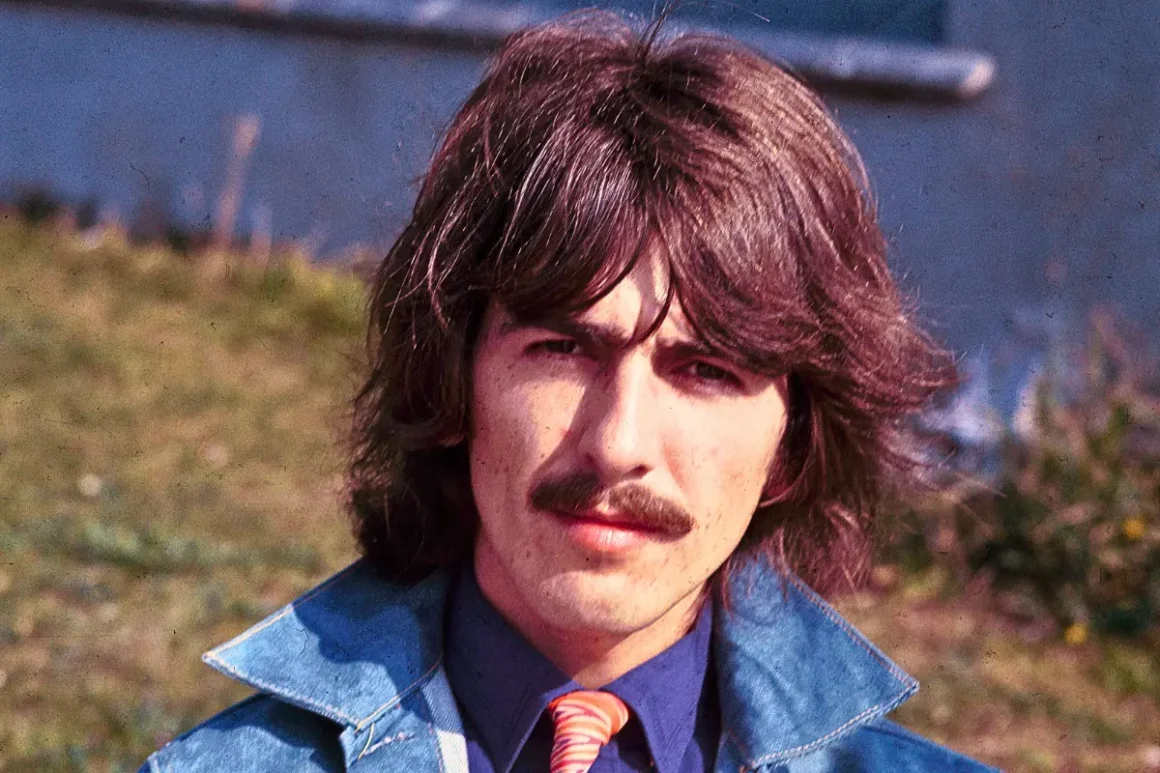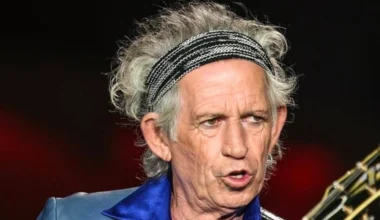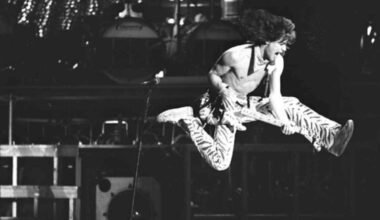The Beatles’ meteoric rise from ordinary lives to global fame was swift, and the intense public scrutiny they faced left little room for normalcy. Even after their breakup in 1970, their every move continued to captivate the world. While some members, like Paul McCartney, handled the spotlight with ease, George Harrison struggled with the pressure of Beatlemania. The fame left him anxious and paranoid, as he never sought the celebrity that came with being a part of The Beatles.
The sheer magnitude of their stardom would have broken most, but Harrison found solace in spirituality to cope with the overwhelming attention. However, it wasn’t always smooth sailing. Despite their bond early on, by the time they recorded Let It Be, the band’s relationships had begun to fray, and their creative paths diverged.
One particularly telling moment came when they allowed a documentary crew into their rehearsals. At a time when The Beatles were retreating from public life to focus on studio work, this decision seemed bizarre. Directed by Michael Lindsay-Hogg, Let It Be went on to show the breakdown of the band, highlighting the tensions that had already begun to surface. The documentary was later revisited by Peter Jackson in 2021 with his Get Back series, offering a new perspective on the final days of The Beatles.
Harrison was no fan of Let It Be, and by 1987, he openly criticized the documentary. In hindsight, as a successful solo artist, Harrison had the space to reflect on his time in the band and did so with a sense of clarity. Asked about the Beatles films, Harrison made it clear that while he had no issue with A Hard Day’s Night or Help!, Let It Be was another story.
He famously dubbed the film “Let It Rot,” calling it an unpleasant reminder of a difficult time. “There’s scenes in it—the rooftop performance was quite good—but most of it just makes me so aggravated that I can’t watch it. Because it was a particularly bad experience that we were having at that time,” Harrison said. “It’s bad enough when you’re having it, let alone having it filmed and recorded so that you get to watch it for the rest of your life.”
The film’s most infamous moment—Harrison’s tense argument with McCartney—was one the guitarist wished had remained private. It was a raw moment that highlighted just how much tension had built between them.
Harrison wasn’t alone in his disdain for Let It Be. When Jackson’s restored version was released on Disney+, Ringo Starr also voiced his disappointment with the original documentary. Despite praising Jackson’s work, Starr expressed that the original cut was difficult to watch. “There was not a lot of joy in it. It was all focused on one moment between two of the lads,” Starr remarked. “In Peter’s version, it’s about the music and a lot of joy.”
Before Jackson’s restoration, the film had been unavailable for decades, underscoring how The Beatles felt about the original documentary. While Let It Be provided some insight into the band’s final record, Get Back is now considered the definitive look at the Beatles’ last days. It’s a version Harrison would likely have appreciated had he lived to see it.






